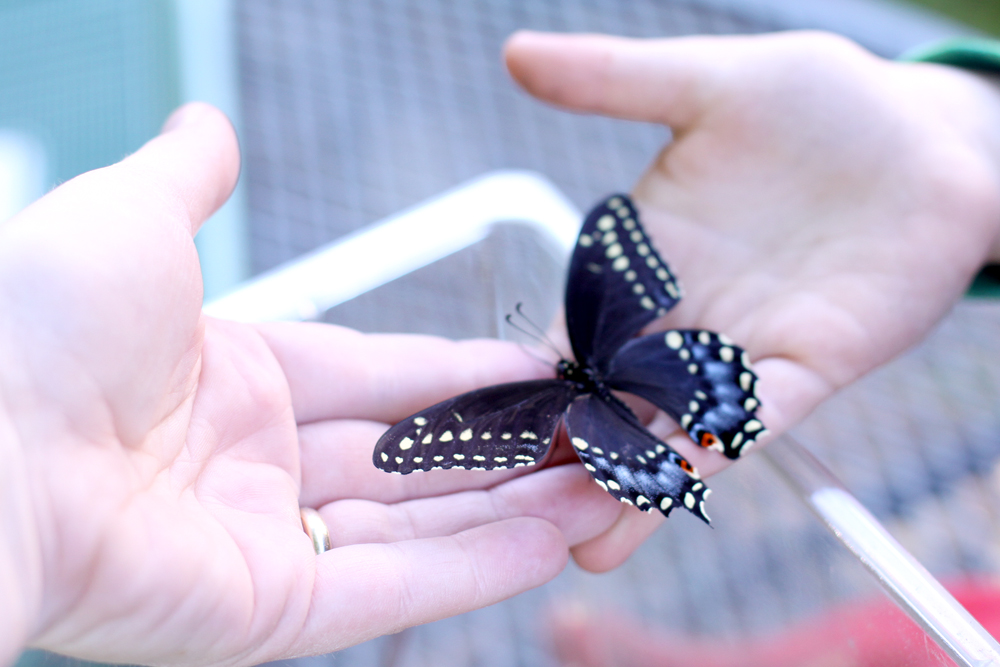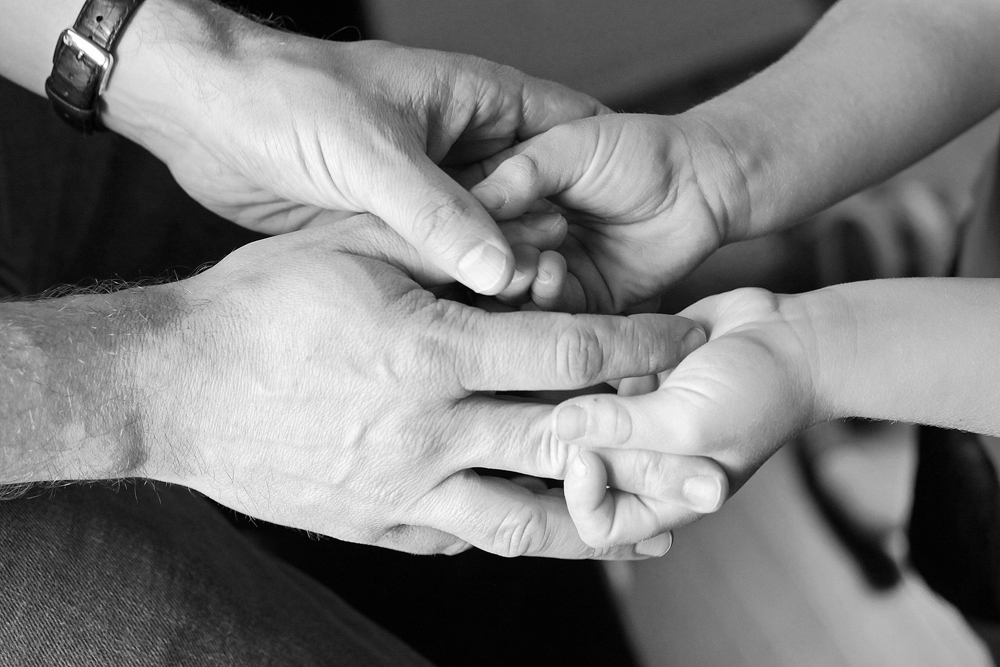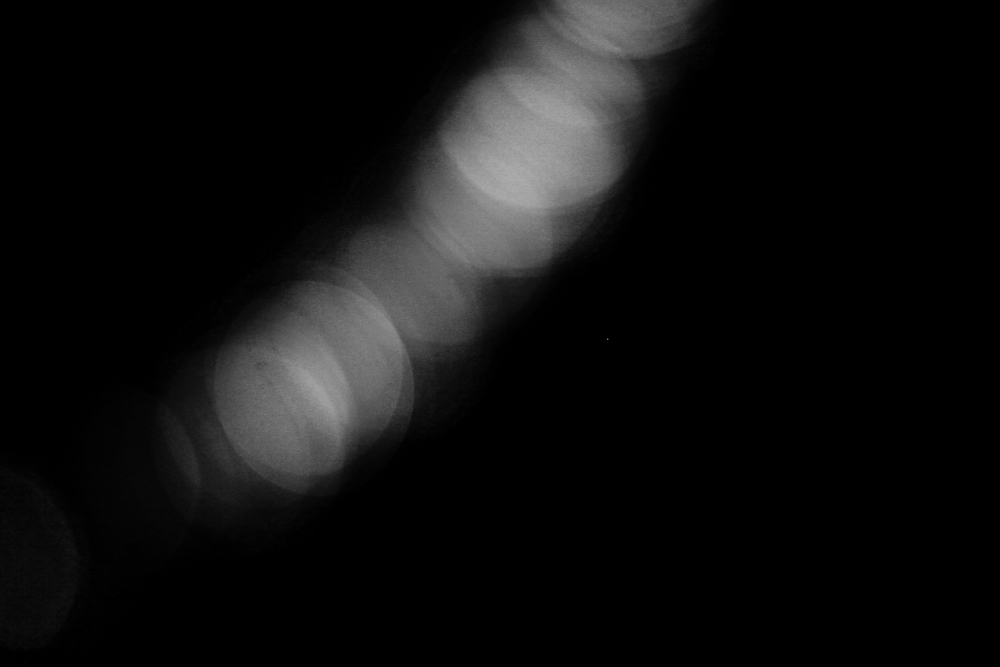Recently, I've been feeling bummed about the collateral damage in my extended family relationships, and I've been supporting my Wonder Twin (WT) with her family stuff, and I'm back to writing here, and I'm trying to figure out what my dad's illness means for me, and I've read a ton of fiction lately, so I'm feeling open to some self-improvement reading. Last night some stuff about WT's mom triggered some of my own mom issues, so before bed I grabbed You're Not Crazy and started perusing. I figure I'll keep notes here on ACONography for the sake of remembering good quotes and providing a bit of a review for interested folks.
Without further ado...
You're Not Crazy - It's Your Mother
Danu Morrigan
Who would appreciate this book:
- women just starting out in exploring issues with crazy moms
- people who like a casual, conversational writing style and lay-person approach to discussing psychological / emotional illness
- people who are experienced, well-read ACONS but want a quickie refresher / pick-me-up or a new perspective
Most thought-provoking quote thus far:
"The kind of attention she prefers is admiration, but fear works well, too, if that's all she can get. And pity, failing even that." (p. 18)Aha! While I'm very, very familiar with the love the narcissist has of being admired and/or feared, it had never occurred to me that pity is also a form of attention. This leads me to reflect on those times during my relationship with my mother when I clearly was not behaving in an admiring or fearful fashion, and she whipped out the "you have it so much better than I had it" or "when I was your age..." stuff. Kid isn't adoring you? Attempt to strike fear into her heart has failed? Go for "poor me, I had a sucky childhood with an abusive father and dead mother."
I do, actually, pity my mother, and with good cause. But I have learned that it's not a constructive discussion topic with her, because she will use it to excuse negative behavior. Sixteen-year-old me had some killer wisdom when my mother was haranguing me about how much more responsibility she took at that age, and I came back with "my mother isn't DEAD." Your shitty childhood is no excuse for being a horrible person to me.
Issues I have with the book:
Like so many other books and websites about narcissistic mothers, You're Not Crazy appears to fall into the trap of "all narcs are EVIL and all of them are EXACTLY THE SAME." This is a big problem I have with the ACON / Nparent community in general and some resources in particular. Narcissism, like just about everything else in life, falls on a continuum, from extreme narcissism through healthy narcissism through extreme lack of narcissism. Not every Nmom will be at the far, far deep end of the pool. As such, some mothers will be more neglectful than others. Some will be more consistently abusive than others. Some may have occasional flashes of empathy while others never do. And it may be more possible to establish effective boundaries with some than with others. My own mother is closer to the deep end in terms of her inability to change, but is not quite as malevolent as some others. My childhood did have good mixed in with the bad, and as such, it's not healthy for me to perceive it as entirely based in evil. If we don't allow some room for nuance, we've fallen into the same trap as the Nparents themselves.
It's also important to note that not all narcissists think they are perfect. Far from it. Most narcissists suffer from extreme lack of self esteem. Their narcissism is excess bravado that they layer on top to hide their self-hatred. They know how imperfect they are, on some level. They just can't handle it, and they especially can't handle you pointing it out to them.
So far, Morrigan is not making points with me because of this lack of nuance. For a balanced perspective that helps adult children to understand their relationships and recover from the harm done to them while also acknowledging the humanity of their broken parents, I still vastly prefer Alice Miller's The Drama of the Gifted Child.
So far, Morrigan is not making points with me because of this lack of nuance. For a balanced perspective that helps adult children to understand their relationships and recover from the harm done to them while also acknowledging the humanity of their broken parents, I still vastly prefer Alice Miller's The Drama of the Gifted Child.
I'm interested to read more, and will share what I think along the way!




